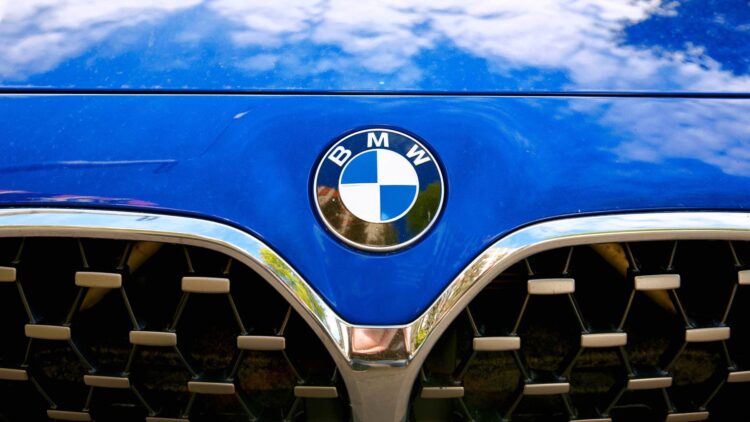With all the uncertainty surrounding green energy as an alternative to fossil fuels for cars, many automakers have begun to flip flop between electric models, hydrogen models, and other synthetic fuel creations to get to the sustainability part without alienating customers. Since electric car sales have been down, it seems like hydrogen is winning the battle, at least for now, but BMW does not seem to agree, and they are now committed fully to electric power. In fact, with the first electric motors for the Neue Klasse platform now coming off the assembly line they are now locked into the path.
Since the problem is that electric cars are not as extended as they should be, have infrastructure problems and depend on temperamental batteries, it is no wonder that many automakers and drivers have decided to choose a different option for the future, or at least for now, but BMW has not let any of the drawbacks derail them and has transformed their plant in Steyr, Austria, a facility that has been known for its combustion engine output for decades, into their new electric engine factory, especially for the prototype Neue Klasse vehicles. Considering the investment that they have done to make this happen, it is safe to say that BMW is all in on electric.
BMW’s Neue Klasse electric platform, their spring board for the future
Unlike other lines of electric vehicles, BMW’s Neue Klasse platform was not adapted from previous designs, it was built from scratch with electric driving in mind, and so the new engines that have been produced with it in mind are not just electric, they are faster, lighter, and more efficient to complement the new design.
The plan is clear, the plant in Steyr has been converted and the new production lines, smart robotics technology that has been implemented, and a retrained workforce are all gearing up to produce the more than 600,000 electric motors that BMW is expecting to need per year, both for their cars and for other companies that they have agreements with. The sheer ability to produce this many engines will allow them to electrify quite quickly their whole lineup, from their compact models to larger SUVs.
But the point of Neue Klasse is not just swapping engines, it is to redefine how the cars themselves are designed. The platform is more aerodynamic and flexible, and integrates the battery directly into the structure of the car, which delivers better range, faster charging, and sharper handling. In a market where those qualities win over buyers, BMW seems to be engineering its way to a competitive edge.
The push towards electric is risky, as despite the technology having been available for more than a decade now, it still has not caught on fully and customers are slow and reluctant to trust it. But it does have some momentum behind it right now and many companies are putting in the effort and the money to create the much needed infrastructure to make it happen, even though it is difficult.
While hydrogen is a worthy competitor, and many believe that it is better than electricity, it is running into the same infrastructure problems, and as of right now remains a niche technology that only select vehicles use. By investing in large-scale electric motor production now, BMW hopes to drive down costs and scale up more quickly than competitors clinging to older tech and remain at the forefront of the automotive industry, a place that seems to be taken by Chinese manufacturers as of late.
If they manage to take this production to the next level and make an engine that is worthy, BMW could transform the way old school manufacturers take electric vehicle technology.

